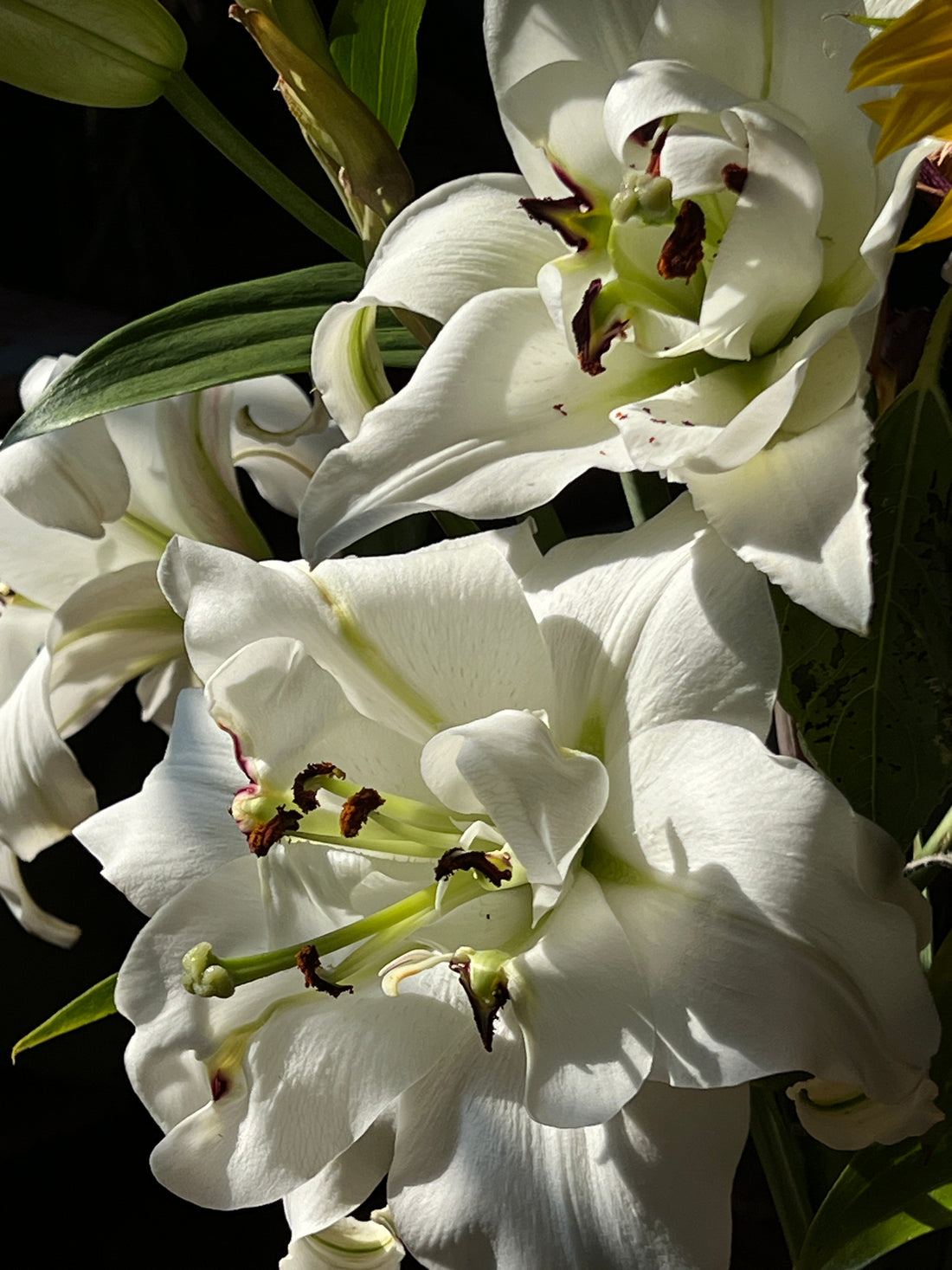As the summer heat sweeps across our gardens, we tend to worry about how our cherished plants are faring. While we humans seek shade or an air-conditioned respite, certain stars in our garden are basking in the warmth and carrying out their wonderous scientific dance. Today, let’s celebrate these champions - the Phlox Paniculata and Lilium tall hybrids - and delve into their fascinating biological processes that allow them to thrive in summer’s heat.
During the bright daylight hours, these plants experience a phase known as transpiration. Similar to how we sweat, Phlox Paniculata and Lilium tall hybrids release water from their leaves into the air, creating a cooling effect. This seemingly simple act not only helps regulate the plant’s internal temperature but also draws up essential nutrients against gravity’s pull, enhancing their vitality.
As dusk cloaks the garden, respiration begins. The energy accumulated during the day, stored as sugars, is now deployed. It’s during these quiet hours that the magic unfolds - new cells sprout, roots expand, and those vibrant foliage and stunning flowers we adore so much are born.
Beneath the surface, the roots of these summer champions are nestled in the cool embrace of nutrient-rich soil, shielded by the shade of neighboring garden plants. It’s this ensemble of quality soil and beneficial plant relationships that provide the optimum conditions for these plants to thrive, no matter the heat.
Understanding these processes adds a fresh layer of awe for our garden dwellers. They’re not merely pleasing to the eye but are remarkable survivalists, using a blend of biological processes, beneficial soil conditions, and advantageous plant companionships to flourish in summer’s demanding heat. As we unearth more of these intricacies, our gardens morph from a visual paradise into a living testament to the adaptability and resilience of nature.

